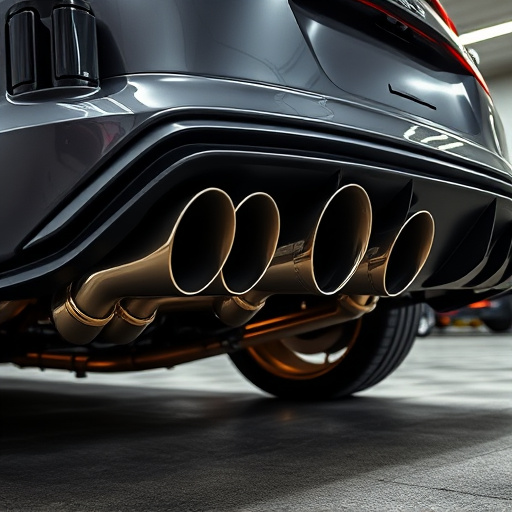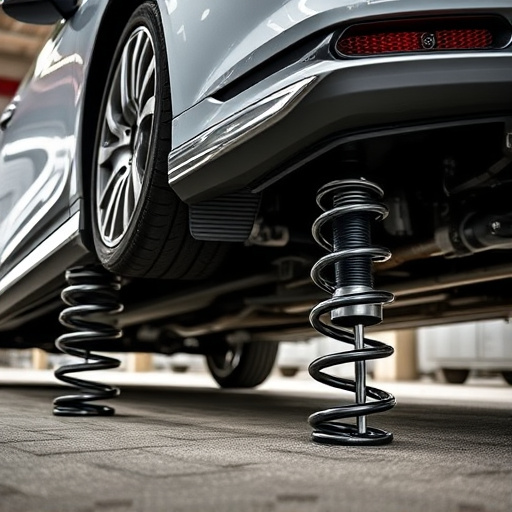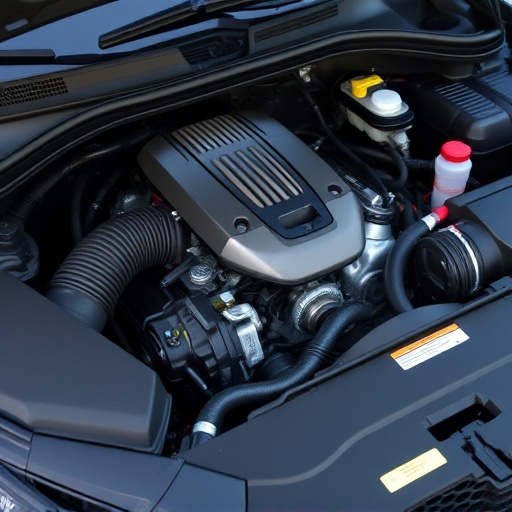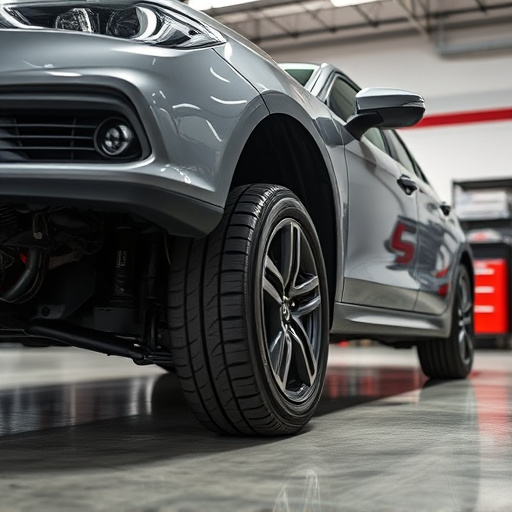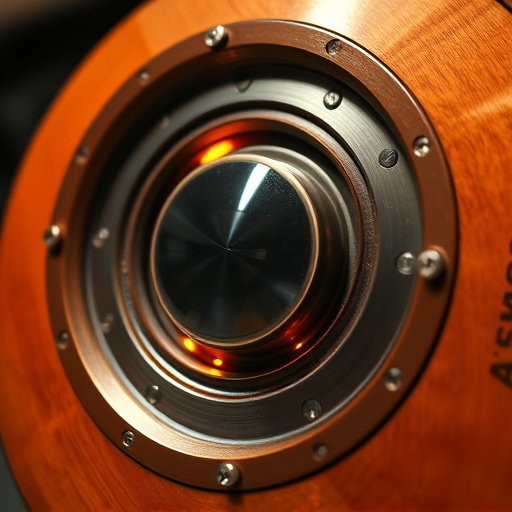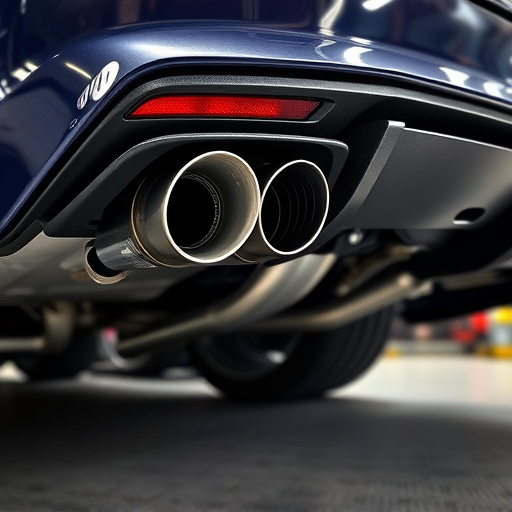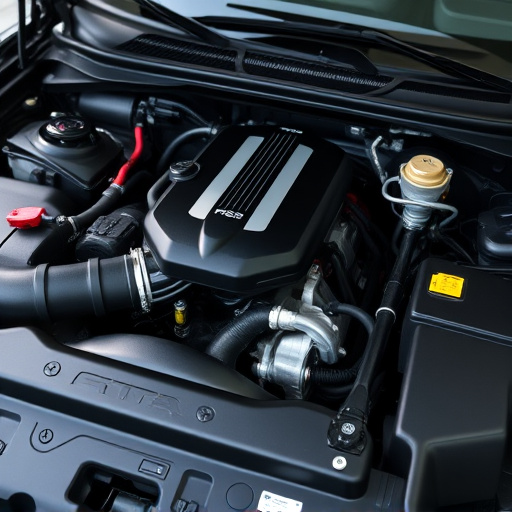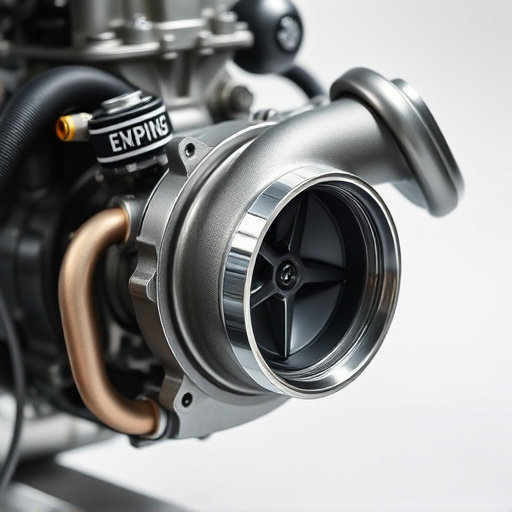Engine tuning optimizes components for power and efficiency while meeting emission standards through refined fuel-air mixtures, ignition timing, and variable valve timing. Modern systems simplify the process, but enthusiasts can enhance knowledge for informed decisions when installing high-performance upgrades, ensuring reliable operation and environmental adherence. Balancing power gains with environmental considerations, precise tuning enhances combustion efficiency without compromising emissions, supported by optimized intake and exhaust components for exceptional performance while meeting regulations.
Unleash your vehicle’s full potential with precision engine tuning—a powerful tool that enhances performance without compromising emissions. This comprehensive guide explores fundamental tuning concepts, offering strategies to optimize power and efficiency. Discover how advanced techniques, such as custom mapping and component upgrades, create a harmonious balance between raw strength and environmental considerations. By the end, you’ll be equipped with insights to fine-tune your engine for both exhilarating speed and ecological responsibility.
- Understanding Engine Tuning Fundamentals
- Optimizing Performance Without Compromising Emissions
- Advanced Techniques for Clean, Powerful Engines
Understanding Engine Tuning Fundamentals

Engine tuning is a meticulous process that involves fine-tuning various components within an engine to achieve optimal performance while adhering to emission standards. At its core, it’s about balancing power and efficiency. Understanding fundamentals like fuel-air mixture optimization, ignition timing precision, and variable valve timing is crucial. These adjustments can directly impact horsepower, torque output, and overall drivability.
Modern vehicles come equipped with advanced engine management systems that streamline the tuning process through sensors and computer algorithms. However, for enthusiasts seeking a more tailored experience, understanding basic tuning principles enables them to make informed decisions when installing high performance parts like upgraded air intake systems or cat-back exhausts. This ensures not just peak performance but also reliable operation without compromising environmental regulations.
Optimizing Performance Without Compromising Emissions

In the pursuit of enhanced engine performance, it’s crucial to approach modifications with a balance between power gains and environmental considerations. Engine tuning, a meticulous art, allows for fine-tuning various parameters within an engine to unlock its full potential without sacrificing emissions standards. This intricate process involves adjusting fuel injection, spark timing, and air-fuel ratios to optimize combustion efficiency. By meticulously calibrating these settings, tuners can extract more power from the engine while adhering to strict emission regulations.
High performance parts, such as coilover kits and upgraded brake rotors, often play a supporting role in this equation. While these components contribute to improved handling and braking capabilities, they work in conjunction with precise tuning to ensure that increased power is delivered cleanly and efficiently. This symbiotic relationship between tuning and high-performance upgrades ensures that the engine not only performs exceptionally but also maintains low emissions, striking a vital balance for both enthusiasts and environmental stewards.
Advanced Techniques for Clean, Powerful Engines

In the realm of engine tuning, modern techniques prioritize clean power without compromising emissions standards. This involves a meticulous approach to enhancing performance while ensuring optimal efficiency. One key strategy is focusing on the intake components; by employing advanced air filters and optimized air induction systems, engines can draw in more oxygen-rich air, leading to better combustion and increased horsepower.
Moreover, tuning experts also pay close attention to exhaust mufflers, ensuring they are designed for maximum flow without causing unnecessary backpressure. This not only improves engine response but also helps maintain low emissions levels. Even minor adjustments to these components can make a significant difference in the engine’s overall performance, particularly when combined with regular maintenance and high-quality brake pads for precise control during testing and tuning processes.
Engine tuning is an art that, when mastered, can significantly enhance performance without compromising emissions. By understanding fundamental principles and employing advanced techniques, you can create a clean, powerful engine that performs optimally. Optimizing these aspects ensures not only improved speed and torque but also adherence to environmental standards. Embrace the balance between power and efficiency through informed tuning practices for a truly remarkable automotive experience.



